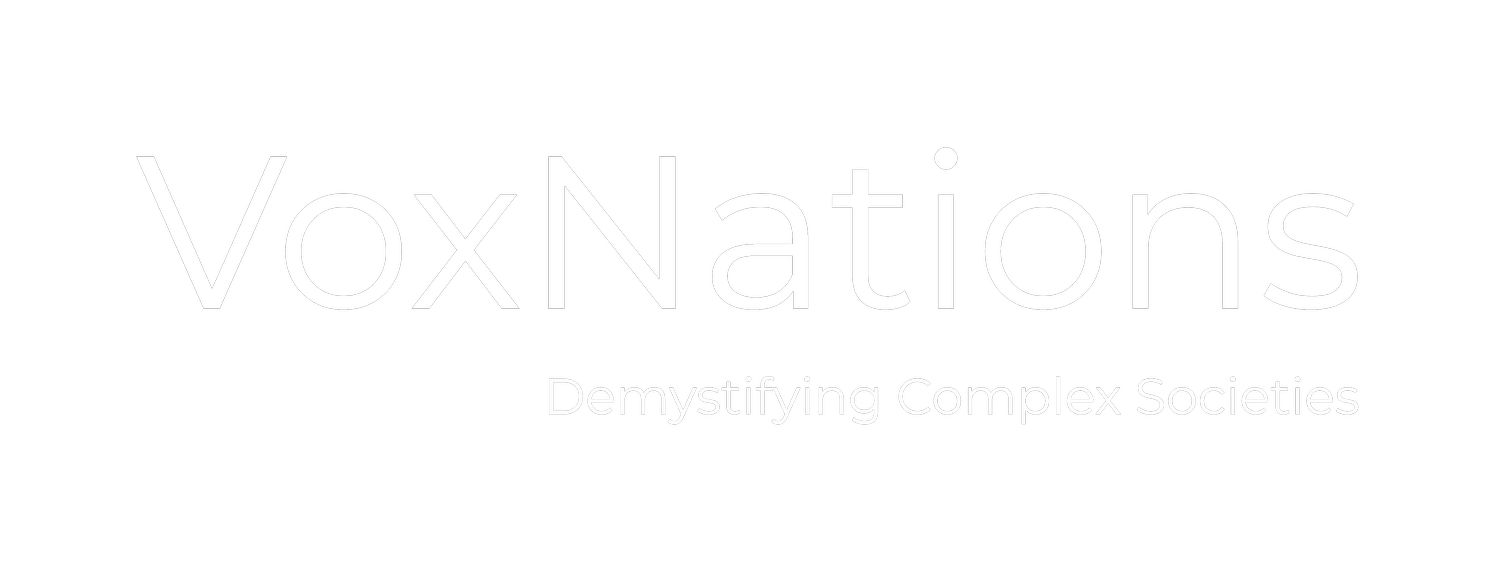University of Maryland CISSM has published its most recent study based on three nationally representative surveys that were conducted in Iran by IranPoll for the University of Maryland. CISSM was responsible for designing the questionnaires, getting feedback on them from relevant policy experts and practitioners, performing the analysis, and putting together the final report.
IranPoll fielded the first poll in Dec. 2016, the other in the middle of Iran’s presidential election campaigns in May 2017, and the third just recently after the soon after the terrorist attacks in Tehran. The first poll with a sample size of 1,015, was conducted May 8–11, 2017, a week before Iran’s presidential election. The other, with a sample size of 1,004, was conducted June 11–17, 2017, a week after the terror attacks in Tehran.
The study covers a wide range of issues. The study shows that an overwhelming majority of Iranians are likely to find a bill similar to the new sanctions bill that was just passed in the U.S. house of representative to be at odds with U.S. obligations under the nuclear agreement (see Q13). It also shows that while Iranians are still optimistic about the nuclear deal their country negotiated with the P5+1 countries two years ago, they would support a form of retaliation if President Trump decides to abrogate the agreement.
The study looks at Iran’s May 2017 presidential election as well. It shows that Rouhani’s victory was not a given and that he could have faced a much stronger challenge if opponents behaved differently. The poll also covers other issues including Iran’s involvement in the conflicts in Syria and Iraq.
The analytical report of this study could be accessed here.
Main Findings:
The following charts have been produced by CISSM.
Live C-SPAN Coverage:
C-SPAN 3 is covering this poll live:

Media Coverage:
Below are links to the articles covering this poll:

















































































































